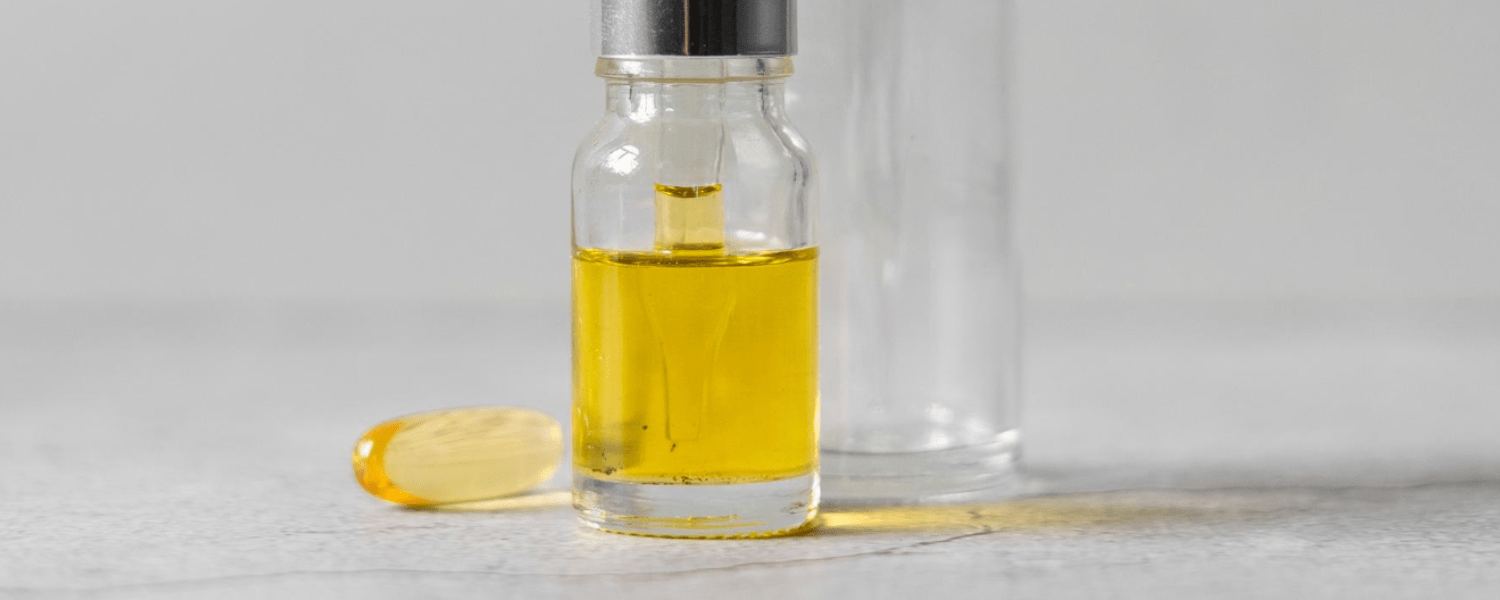Lecithin is one of the most important ingredients used in the food, pharmaceutical, and cosmetics industries. Due to its unique emulsifying, stabilizing, and product structure-supporting properties, it is widely used in various industries. How does lecithin work and what are its properties?
What is lecithin and what makes it special?
Lecithin is a mixture of phospholipids, natural fatty compounds found in plants and animal products. Its basic properties include emulsifying action, which means that it allows substances that are insoluble in water, such as fats and water, to be combined. In this way, lecithin improves the consistency, stability, and shelf life of products.
In the food industry, the properties of the preparation are used in the production of margarine, chocolate, creams, sauces, and other products where it is necessary to combine ingredients evenly. Lecithin also acts as a foam stabilizer, leavening agent, and anti-caking agent.
Types of lecithin
Depending on the source, there are several types of lecithin, which differ in their lipid profile and applications. The most important ones include:
- soy lecithin powder – has a neutral taste and smell and a light brown color. It is valued for its emulsifying, stabilizing and texture-improving properties, and is also a source of plant-based phospholipids.
- liquid soy lecithin – obtained from soybeans, it has a taste and smell typical of this plant. It improves the consistency of products, facilitates the creation of emulsions, and can be an additional source of protein in food.
- sunflower lecithin in powder form – produced from sunflower seeds, it has a loose, light brown structure and a neutral taste and smell. It is characterized by a high content of phospholipids, good solubility, and emulsifying and stabilizing properties, thanks to which it is used in the food, pharmaceutical, and cosmetic industries, as well as in the production of dietary supplements and animal feed.
- liquid sunflower lecithin – a natural emulsifier from sunflower seeds in the form of a viscous, golden-brown liquid with a mild taste and aroma. It has many applications in the food and feed industries.
- rapeseed lecithin – is obtained from rapeseed. It is a brown liquid with a neutral taste and smell, without any other aromatic notes. Thanks to its stability, appropriate viscosity, and emulsifying and anti-caking properties, it is widely used in the food industry and other industries.
The effects of lecithin in industry
Lecithin not only emulsifies fats and water, but also affects the shelf life and quality of products. In the food industry, the effects of lecithin include:
- improving the consistency of chocolate and creams,
- stabilizing emulsions in margarines and sauces,
- increasing the homogeneity of foams and whipped cream,
- preventing the caking of powders and mixtures.
In the pharmaceutical and cosmetics industries, lecithin aids in the creation of stable emulsions, capsules, and medicinal and skincare products. Thanks to its properties, it can also support the bioavailability of certain active ingredients, which is important in the production of supplements and medicines.
Application – the versatility of lecithin
In the food industry, lecithin is an invaluable raw material in the production of:
- chocolate and confectionery,
- margarine and vegetable fats,
- sauces, dips and creams,
- dietary supplements and functional beverages.
In the pharmaceutical and cosmetics industries, lecithin is used in the creation of capsules, emulsions, creams, lotions, and medicinal preparations. In each of these areas, its emulsifying and stabilizing properties are fundamental to the quality and shelf life of the final product.
Innovations and the future of lecithin applications in industry
Lecithin has long been one of the most versatile raw materials in industry, but its potential is still being rediscovered. Modern technologies allow for the creation of new forms and applications of lecithin that go beyond its traditional use in food or dietary supplements. For example, in the cosmetics industry, modern emulsions with increased stability and the ability to transport active ingredients deep into the skin are being developed, in which lecithin acts as a natural carrier.
In the pharmaceutical sector, on the other hand, lecithin is increasingly being experimented with as an ingredient that supports the bioavailability of drugs and supplements. In this way, active substances can be better absorbed by the body, which increases the effectiveness of finished products. Modern extraction and standardization processes allow the creation of lecithin with a precisely defined phospholipid profile, tailored to the requirements of specific formulations.
The ecological trend and the growing demand for plant-based raw materials cannot be overlooked either. Sunflower lecithin is an excellent alternative, especially in organic products and for customers looking for GMO-free solutions. This approach not only meets market expectations but also enables the creation of innovative premium products.
The food industry is also developing new applications for lecithin in functional products, energy drinks, and protein blends. Its ability to stabilize emulsions allows for the creation of previously unavailable textures and consistencies, while preserving natural ingredients and nutritional values.
How to order a sample with fast delivery?
Before implementing a product in production, it is a good idea to order a sample of lecithin to check its parameters and suitability for the recipe. The FDCM.eu platform allows you to conveniently order raw materials in various quantities, including both liquid soy lecithin and sunflower lecithin, and the delivery process is fast and efficient.
This gives manufacturers access to high-quality raw materials, including various types of lecithin, which can be ordered as samples or in larger batches.
Why is lecithin worth using in industry?
Lecithin is a versatile raw material with unique emulsifying and stabilizing properties, which is widely used in the food, pharmaceutical, and cosmetic industries. Thanks to different types, such as soy lecithin, sunflower lecithin, and rapeseed lecithin, it is possible to match the raw material to the needs of any production.
Using the FDCM platform, you can easily order a lecithin sample and receive it in a short time thanks to efficient delivery. This solution facilitates the assessment of the quality of the raw material before implementing it into production, allows for quick laboratory testing, and helps in planning the next stages of production. This makes the entire process of introducing new products more transparent, convenient, and less time-consuming.






